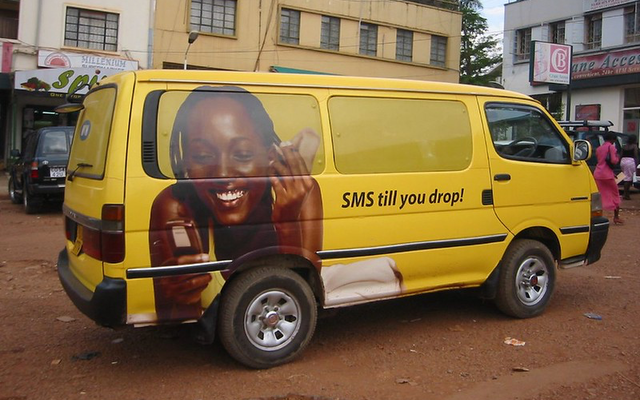How do people in poor countries use SMS text messaging in their daily life?
SMS (Short Message Service) text messaging is widely used by people in poor countries in their daily lives for a variety of purposes.
SMS text messaging is a powerful tool for communication and access to information and services in developing countries, and plays a crucial role in the daily lives of many people. For example:
- Communication: SMS text messaging is often used as a primary means of communication, especially in areas with limited or no access to other forms of communication, such as phone or internet.
- Banking and financial transactions: In many developing countries, people use SMS text messaging to access financial services, such as mobile banking, money transfers, and payments. This can be especially important for people who are unbanked or underbanked.
- Healthcare: SMS text messaging is often used to access health information and services, including telemedicine and disease surveillance. It can also be used to receive reminders for appointments and medication.
- Education: SMS text messaging is used to access educational resources, such as online courses and educational videos. It can also be used to receive updates and alerts about school closures, exams, and other important information.
- Social networking: SMS text messaging is used by many people in developing countries to stay connected with friends and family, and to share news and information.
Three SMS Program Learnings that Will Surprise You
In early 2017, USAID’s StopPalu malaria control project in Guinea started implementing an SMS program to motivate pregnant women to seek antenatal care visits...
Are Messaging Apps and Emoji-Driven M&E a Game-Changing Innovation?
Ten years ago, very few people mentioned cell phones and M&E in the same sentence. Phones were for phone calls, or for texting friends; monitoring surveys were...
4 Reasons for Large Scale SMS Text Surveys in Developing Countries
We know that SMS is a cheap, convenient, easy to adapt and automate, and non-intrusive way to collect data. But compared to face to face or phone interviews, text...
The Blind Spot of SMS Projects: Constituent Illiteracy
With the overwhelming optimism around mobile phone-based communication technologies, it is reasonable to ponder: Do literacy levels pose a serious limitation to...
4 Secrets to ICTforAg Social and Behavior Change Communication
Most ICTforAg projects have specific behavior change goals. For example, the goal may be for farmers to change their practices to improve soil quality. Or for farmers...
Mobile Learning Lessons: From the Developing to the Developed World
The ICT4D field is proving mature enough in some instances to reverse the flow of informal technology transfer from developed to developing, so much so that it...
Yes, Farmers Do Use Mobile Phones for Market Prices
Farmers in Malawi had free access to market prices via mobile phones for about three months using HNI’s 3‑2‑1 Service. Usage data was rolling in. And...
The Low-Tech Way to Reach Everyone on Earth
We often focus on new technologies – developing the newest app or handing every teacher a tablet – as if they are magic bullets to solving the world’s...
7 Reasons Why Farmers Do Not Use Market Price SMS Text Messages
On Friday, we had the startling realization that fishermen do not use mobile phones to compare market prices of fish. Besides cultural and legal limitations to...
4 Innovative Ways The Renewable Energy Sector Is Using Mobile Technology
While NGOs increasingly use mobile technology for monitoring and evaluation, in emerging markets like Kenya, businesses are also using mobile solutions to both...












